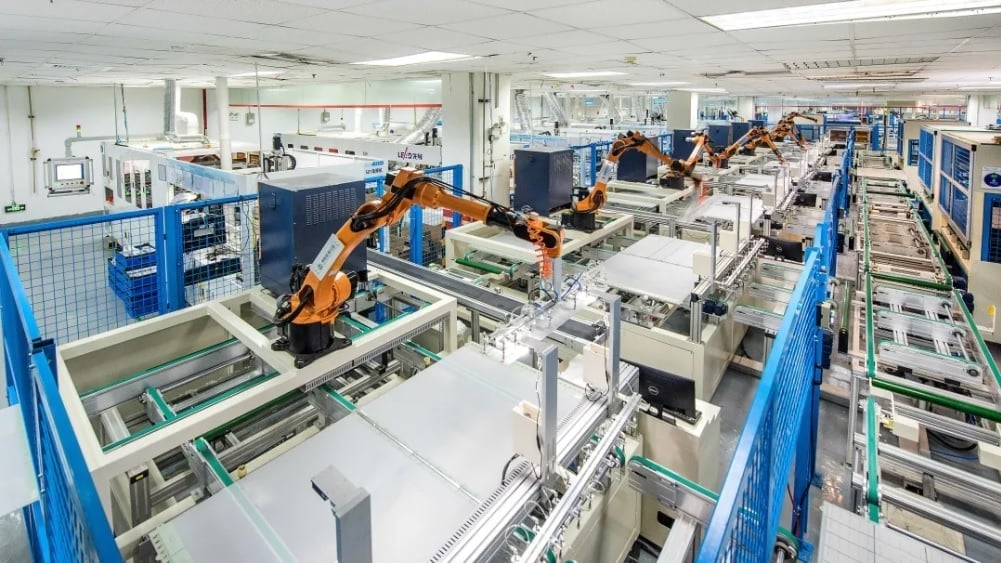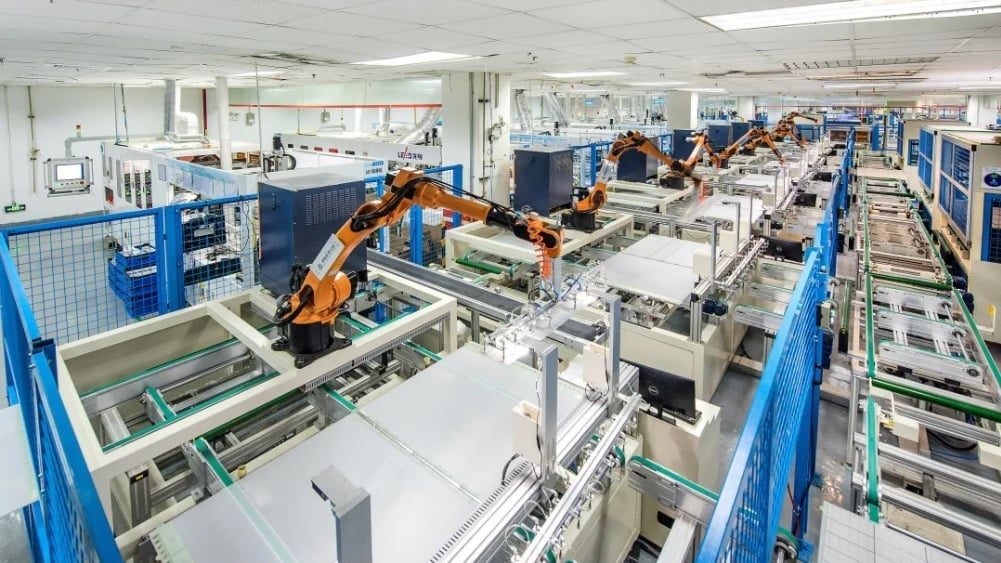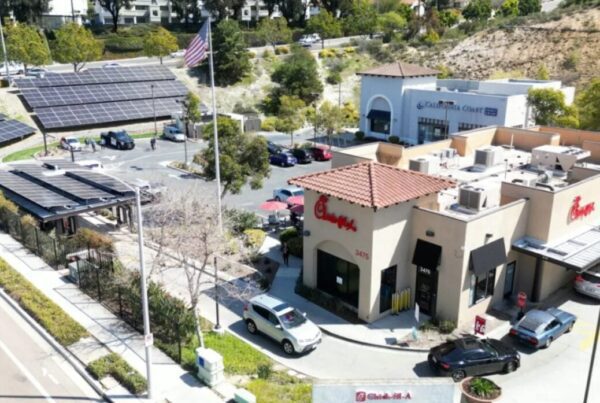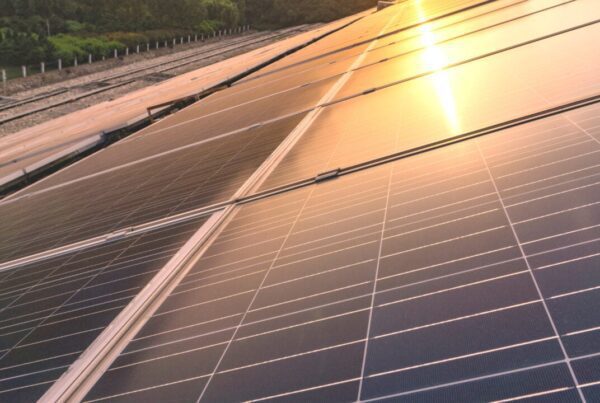
Trinasolar brought the case to the ITC in late October, alleging that Canadian Solar is infringing on its technology patents for tunnel oxide passivated contact (TOPCon) solar cells. Trina has petitioned the ITC to introduce a Limited Exclusion Order to bar importation and Cease and Desist Orders to bar further sales and marketing in the United States of solar cells, modules and components that infringe its patents.
“Trina appreciates the ITC’s decision to investigate the unauthorised use of our patented technology,” said Steven Zhu, president of Trinasolar US. “We are pleased our patent infringement complaint is being taken seriously, and we look forward to the final determination by the ITC.”
This is the second TOPCon patent complaint of Trina’s which the ITC has opted to investigate. Last month it announced an investigation into intellectual property infringement allegations Trina brought against Chinese competitor Runergy and Indian conglomerate Adani Solar.
That case was filed on behalf of Trina’s US headquarters, its Chinese business and its US manufacturing facility in Texas. Since the filing, Trina has sold its Texas solar module manufacturing plant to Norwegian battery production firm Freyr Battery. The sale coincided with Donald Trump’s presidential election victory after a campaign where the now-president-elect promised a hardline approach to taxing Chinese companies operating or importing to the US. Daniel Barcelo, Freyr Battery CEO, denied to PV Tech Premium that the sale had any relation to Trump’s victory.
The sale also raised some eyebrows across the industry as Freyr Battery had no previous experience of manufacturing solar products. Trina retains a minority stake in the facility.
AD/CVD complaint
This week, Trinasolar has also raised a legal complaint to the DOC over its investigation into alleged AD/CVD violations by mostly Chinese solar manufacturers operating in four Southeast Asian countries.
In a letter to the secretary of commerce, Trina’s lawyers alleged the DOC had made a “significant ministerial error” in its preliminary antidumping determination for Trinasolar’s manufacturing facilities in Thailand.
A coalition of US-based manufacturers launched the latest solar AD/CVD case in April. It seeks to impose import tariffs on solar cells (whether within modules or not) shipped from Thailand, Cambodia, Malaysia, and Vietnam to the US. The complainants claim that these cells are being sold in the US at unfairly low prices and benefitting from illegal subsidies which are damaging the domestic industry.
Trinasolar Thailand was awarded a preliminary dumping rate of 77.85%, one of the higher rates among companies which complied with the proceedings.
Its complaint to the DOC relates to the price of silicon wafers which the DOC applied to Trinasolar. The company contests that the DOC “made adjustments” to the costs that Trinasolar provided the investigation, which increased the estimated price of its wafers by between four and five times. The adjustments were based on a particular import code for silicon wafers.
Trinasolar says this inflated its total presumed production costs by 180%.
The DOC’s investigation relies on responses from specific companies (“mandatory respondents”) which then form the basis of its wider findings for an individual country. Companies who do not comply with the investigation are often given the highest assumed rates.
In October, before the preliminary antidumping rates were released, two Cambodian manufacturers published letters informing the DOC that they would no longer cooperate with the investigation because they lacked the resources to continue participating.
Read more of our AD/CVD coverage here.





